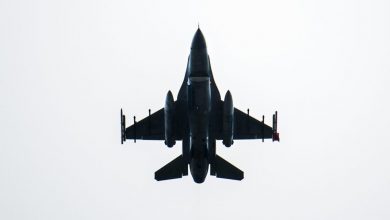India buys indigenous suicide drones

Kadet Defence Systems, in collaboration with the Defence Research Development Organisation (DRDO), has achieved a significant milestone in India’s defense sector.
According to a press release from Kadet, the successful development of Loitering Aerial Munitions (LAM), better known as suicide drone, under a unique Development cum Production Partner (DCPP) model heralds a new era of indigenous defense technology.
As noted by the company, the LAM Systems, a culmination of cutting-edge technologies, represent a diverse suite of capabilities. Among them are the Canister Aerial Loitering Munition (CALM), Combat UAVs with stand-off capabilities for munition release, Tactical VTOL UAVs, and a versatile mix of systems capable of swarming and manned-unmanned teaming operations. This achievement is underscored by a contract for the delivery of over 50 systems by year-end, meeting the operational requirements of the Indian armed forces.
What sets Kadet’s LAMs apart is their adaptability to various terrains and environments, boasting a launch altitude capability exceeding 5,000 meters. Notably, these systems are entirely indigenous, with over 90% of components sourced domestically.
Avdhesh Khaitan, Co-Founder & CEO of Kadet Defence Systems, emphasized the significance of indigenous development, stating, “Designing and developing indigenous LAMs signifies true atmanirbharta or self-reliance.” He highlighted the critical importance of LAMs to both the Indian armed forces and friendly foreign countries, reaffirming Kadet’s commitment to scaling up production to meet growing demand.
Kadet’s LAMs offer capabilities, serving as combat UAVs for precision strikes and Kamikaze drones for targeted engagements, akin to cruise missiles. With the market size of LAMs in India estimated to be around Rs. 15,000 crores, Kadet stands poised to make a substantial impact in the defense industry.





